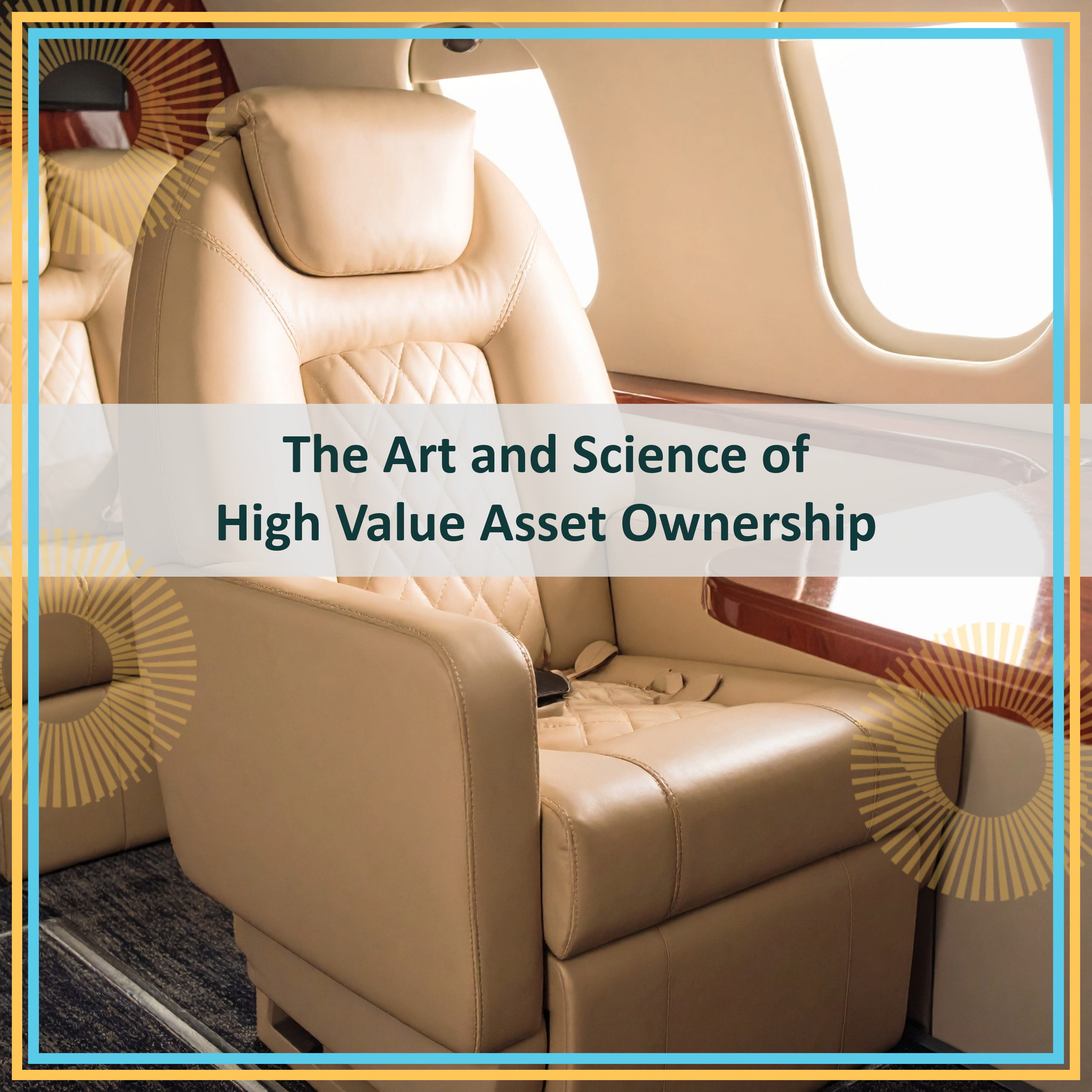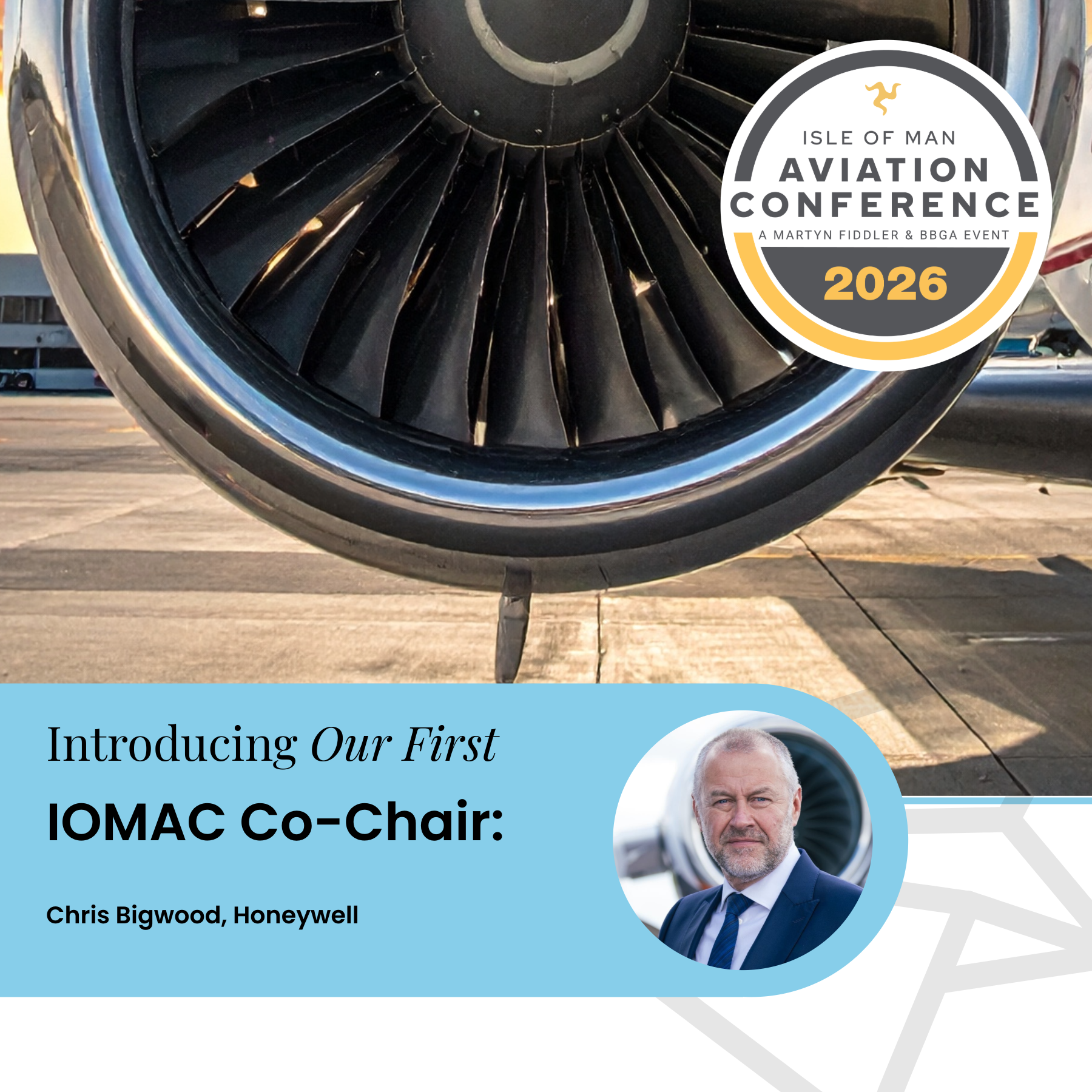Join the conversation. Just like Patrick!
When we published the State of Business Aviation 2025 eBook, we hoped it would spark conversations across the industry and it’s doing just that. People are engaging, ideas are flowing and the dialogue is growing.
In our latest discussion, we welcome Patrick Edmond from Future Energy Global to dive deeper into the ‘Make Energy Great Again’ chapter. Patrick brings a fresh perspective and consistently challenges us to think differently about sustainability and this conversation was no exception.

I enjoyed reading your eBook and wanted to give you some feedback on the chapter ‘Make Energy Great Again.’
I was amused by the ADNOC CEO’s quoted call to ‘Make Energy Great Again’. Not only does a non-ironic slogan of the form ‘Make X Great Again’ cause me to worry a bit about implementation, but there’s no ‘again’ in making energy great. Literally everything we do has always involved energy, and humanity’s energy use is growing ever faster.
I think perhaps what the gentleman means is ‘Make Fossil Fuel Great Again’ which we’d have to admit is a bit less catchy.
As the old saying goes, ‘It is difficult to convince a man of something when his salary depends on him believing the opposite’ and Mr ADNOC is only the latest in a long line of modern day energy King Canute’s.
We all know that climate change has shone a global spotlight on the emissions associated with humanity’s rapidly growing energy usage, in particular the CO2 that the burning of fossil fuels releases into the atmosphere. There’s nothing unrealistic about taking that into account in thinking about how we want our children’s and grandchildren’s world to look.
If I ran an oil company like ADNOC I’d be having Kodak/Nokia/Blackberry nightmares too, though the decline in this case will admittedly be over a much longer timescale.
Jan Rosenow, the Professor of Energy and Climate Policy at Oxford, tells the story that in 1993, a group of German utility companies placed full page adverts in German stating that “renewable energies like sun, water and wind will not be able to cover more than 4% of our power demand, even in the long term.” How did that work out for them? Well, by 2023, renewables were providing over 50% of German electricity.
If we want to talk about ‘realism’, the reality is that over 90% of new generation capacity being added to power grids worldwide is wind or solar, not gas or oil or coal because wind and solar is cheaper.
One in every five cars sold worldwide is electric (and one in two in China). That change isn’t going away.
As renewables continue to get cheaper and to play a bigger and bigger role, more and more energy will be in the form of electricity. For those of us in the aviation world, that may mean electric aircraft, initially small regional planes but growing fast (Elysian Aircraft in the Netherlands is already developing a 90 seater electric aircraft targeting service entry in 2033). It may mean power to liquid fuels, also known as e-SAF. One day it may even mean hydrogen, obtained by electrolysing water.
I know that the aviation industry will continue to be at the forefront of innovation in this new energy world, and I hope that we’ll be able to let the fossils (whether fuels, CEOs, or baseball cap wearing stable geniuses) rest in peace.
Ultimately, the future of energy, and aviation’s role within it, will be shaped not by slogans, but by open minded collaboration, innovation and a willingness to evolve. While perspectives may differ, the shared goal of building a more sustainable, resilient energy landscape is something we can all rally behind. We welcome continued conversation with industry leaders, including those at ADNOC, as we navigate this transition together.
Thank you for taking the time to join our conversation and for your passionate insights Patrick!
If you haven’t had a chance to read the eBook yet, please click here 👉The State of Business Aviation 2025 and let us know what you think hello@martynfiddler.com.



